Ask pretty much any kid in school what they like to learn about, and they’ll say animals. Now, when you break it down to kinds of animals, I can confidently say, that I’ve come across less than 10% of kids I’ve taught who don’t like to learn about sea creatures. Sharks are the number one topic for most of my kids, but I’m sure that has something to do with the fact that we’re in South Florida. My students definitely have a soft spot for anything with gills, flippers, blow-holes or claws!
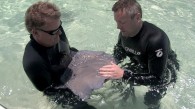 We recently had a fabulous time checking out an amazing ocean-based resource – Jonathan Bird’s Blue World – http://blueworldtv.com/ – where we spend some time delving into the deep blue sea. The “webisodes” that Jonathan has created are a fantastic assortment of topics ranging from a Yucatan Sinkhole, dolphins, sharks, coral reefs, venomous fish, a variety of adaptation videos, and our class favorite – sea snakes (YUCK!!!). The website features a dropdown menu that covers the National Science Standards, as well as Ocean Literacy Principles. There are a whole series of “extras” with interviews, segments about equipment and tools of the trade that help give a great amount of background knowledge to viewers as well. For the educators out there, he’s got a ton of pdf Study Guides that help front-load concepts as well as provide you with disc
We recently had a fabulous time checking out an amazing ocean-based resource – Jonathan Bird’s Blue World – http://blueworldtv.com/ – where we spend some time delving into the deep blue sea. The “webisodes” that Jonathan has created are a fantastic assortment of topics ranging from a Yucatan Sinkhole, dolphins, sharks, coral reefs, venomous fish, a variety of adaptation videos, and our class favorite – sea snakes (YUCK!!!). The website features a dropdown menu that covers the National Science Standards, as well as Ocean Literacy Principles. There are a whole series of “extras” with interviews, segments about equipment and tools of the trade that help give a great amount of background knowledge to viewers as well. For the educators out there, he’s got a ton of pdf Study Guides that help front-load concepts as well as provide you with disc
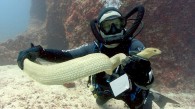 After we watched a few episodes, I told my class I was going to have the chance to interview Jonathan Bird. Right away, they started coming up with questions to ask – they literally hijacked my interview! But, with so much excitement, I figured the best thing to do was let them see that anything is possible – and that reading, writing, listening and technology skills are essential in life!
After we watched a few episodes, I told my class I was going to have the chance to interview Jonathan Bird. Right away, they started coming up with questions to ask – they literally hijacked my interview! But, with so much excitement, I figured the best thing to do was let them see that anything is possible – and that reading, writing, listening and technology skills are essential in life!
– Erin
That’s It Mommy: When you were in school, what subjects most interested you?
Jonathan Bird: I always liked English because I like to write, but I found science subjects most interesting. That’s probably why I chose to pursue electrical engineering in college. I was an “audiophile” in high school and thought for sure I would run a company that made high-end audio gear after college.
TIM: Was there a particular experience in your life that led you down your marine-based path?
JB: When I was in college, I had to take phys-ed (gym) classes to graduate. I was never much of a sports person, so I decided to take scuba diving. It changed my life. My first glimpse under the ocean completely changed the direction of my life. I knew immediately that my goals had changed.
TIM: Has there ever been an occasion that has made you consider changing professions?
JB: Not yet!
TIM: How long does it take to put together one webisode?
JB: It varies from webisode to webisode. As a general rule, we fly someplace to shoot a story, and we try to shoot more than one story while we’re there, just to economize. Typically we are on location for a week, although in general a story is shot in 1-3 days. Back at home, it takes 4-5 days to edit the story into a “rough cut” which is an edit with no sound work, music or graphics. (Just video and narration). Then we typically show it around to the other editors, Christine (executive producer) and my kids who give comments and suggestions. This is an important part of the process which allows us to flush out anything that is not clear or confusing in the telling of the story. Then we spend another couple of days doing graphics and sound. When we have “picture lock” (meaning, we are happy with the edit and we are not going to change anything) then we send the segment down to Bruce Zimmerman our filmscorer for music. He writes original music around the edit and sends it back. Then we put the music into the edit which takes another day. So I guess the short answer is that all told, a segment takes about 3 weeks of work, but those days are all spread out over a month or two. We always have 4-5 segments in various stages of production at any one time.
Ellie R – If you could only study one sea creature, what would it be?
JB: I would hate to be restricted to only one because they are all fascinating to me, but if I had to pick one class of animals, it would be sharks. I am fascinated by sharks.
Ryan P. – Have you ever been bitten by something, and if yes, what was it?
JB: I have had precious few injuries in the ocean, and the most painful ones are always the most embarrassing. I have been skewered by sea urchins several times, stung by a box jelly (look it up, that hurts) and yes, even bitten gently by a shark that just wanted to know what my wetsuit tasted like–it is didn’t even break the skin. A very gentle test bite.
Morgan S. – Is there one sea creature that you’re particularly afraid of?
JB: Salt water crocs. I don’t trust those things!
Chris R. – How do you feel knowing how helpless and surrounded you are underwater?
JB: I never feel helpless underwater. Quite the contrary in fact. Scuba diving allows me to be weightless, soaring through the underwater world as if I can fly. It’s quite liberating. I’m am most happy when I’m underwater. I feel like it’s my place.
Ben R. – What are your thoughts on oil pollution from ships and off-shore drilling platforms?
JB: Unfortunately our whole world’s energy source for the most part is based on oil for the foreseeable future. I look forward to a time when environmentally friendly energy will be the predominant technology, but I doubt it will happen in my lifetime. So we need to be very careful to extract oil without spilling it.
Kelly M. – How deep have you dived in the ocean?
JB: My deepest dive was over 200 feet, but my favorite dives are usually much shallower where there is more light and color, not to mention more critters to see.
Luke L. – Have you ever studied prehistoric sea life?
JB: No, but I have wished for a time machine so I could go back and dive in the ocean during the time of the dinosaurs and see what it looked like! That would be neat!
Rebecca E. – What’s the coolest thing you’ve ever seen in the ocean?
JB: There is simply no way to narrow it down to one thing. I have seen so many amazing things that I would have a hard time making a top ten list. One of the great things about my job is that I get to make a segment for my show about any cool thing I find. So in a way, Jonathan Bird’s Blue World is a video record of the coolest things I see. When I’m too old to dive (which hopefully will be a LONG time from now!) I’ll be able to go back and watch the show to re-live all those adventures!
Sebastian R. – Have you ever studied manatees?
JB: Funny you should ask. I did my Masters Thesis on manatee vocalizations, and then I did an hour long documentary about manatees in 1999, and of course a Blue World segment about them in season 1. Manatees are definitely one of the coolest creatures in the sea.
If you’ve got an ocean-lover, and are land-locked but would like to learn more about life in the oceans around the world, Jonathan Bird is definitely a pretty cool go-to guy and I know the kids in my class truly appreciate that he took the time to answer their questions, so he’s getting an A+ from this teacher!
Special thanks to my class for their awesome questions!
* We did not receive monetary compensation or product for this review. This will in no way sway our opinion of the product or service. The review is in our own words and is our opinion. Your results and opinions may differ. All images provided by Jonathan Bird’s Blue World.



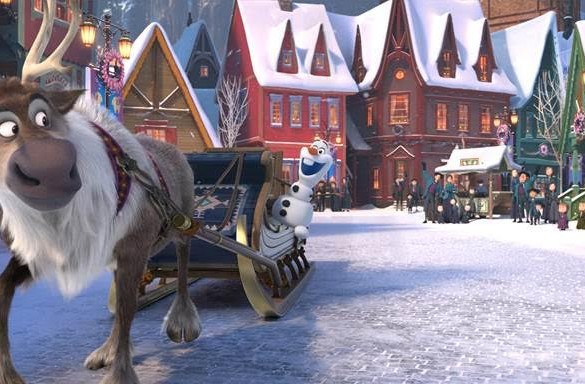

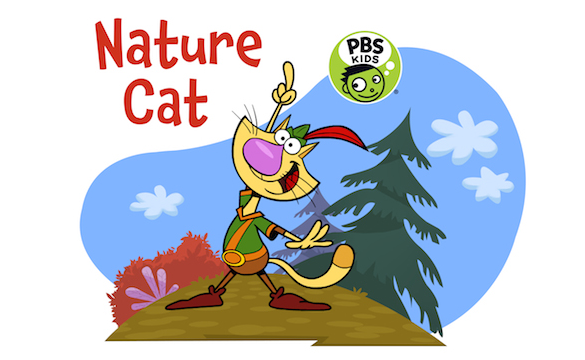
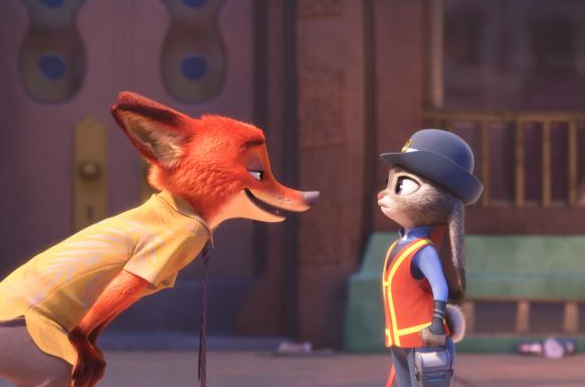
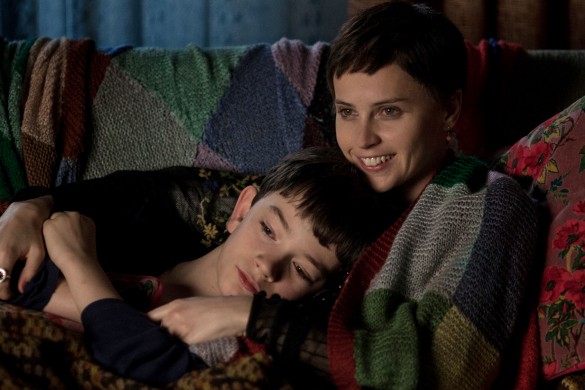
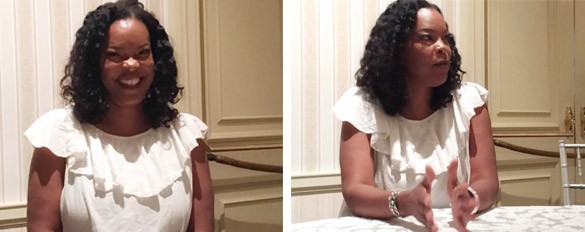
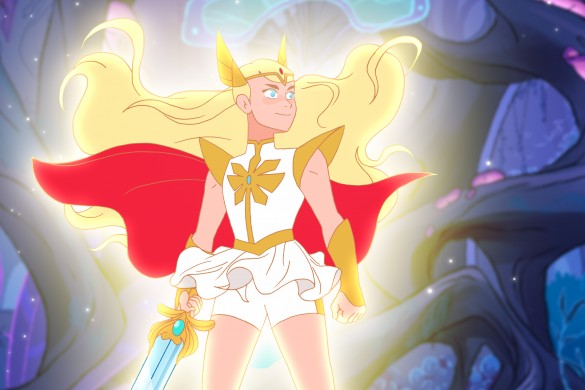

1 comment
These webisodes are great thanks for sharing!